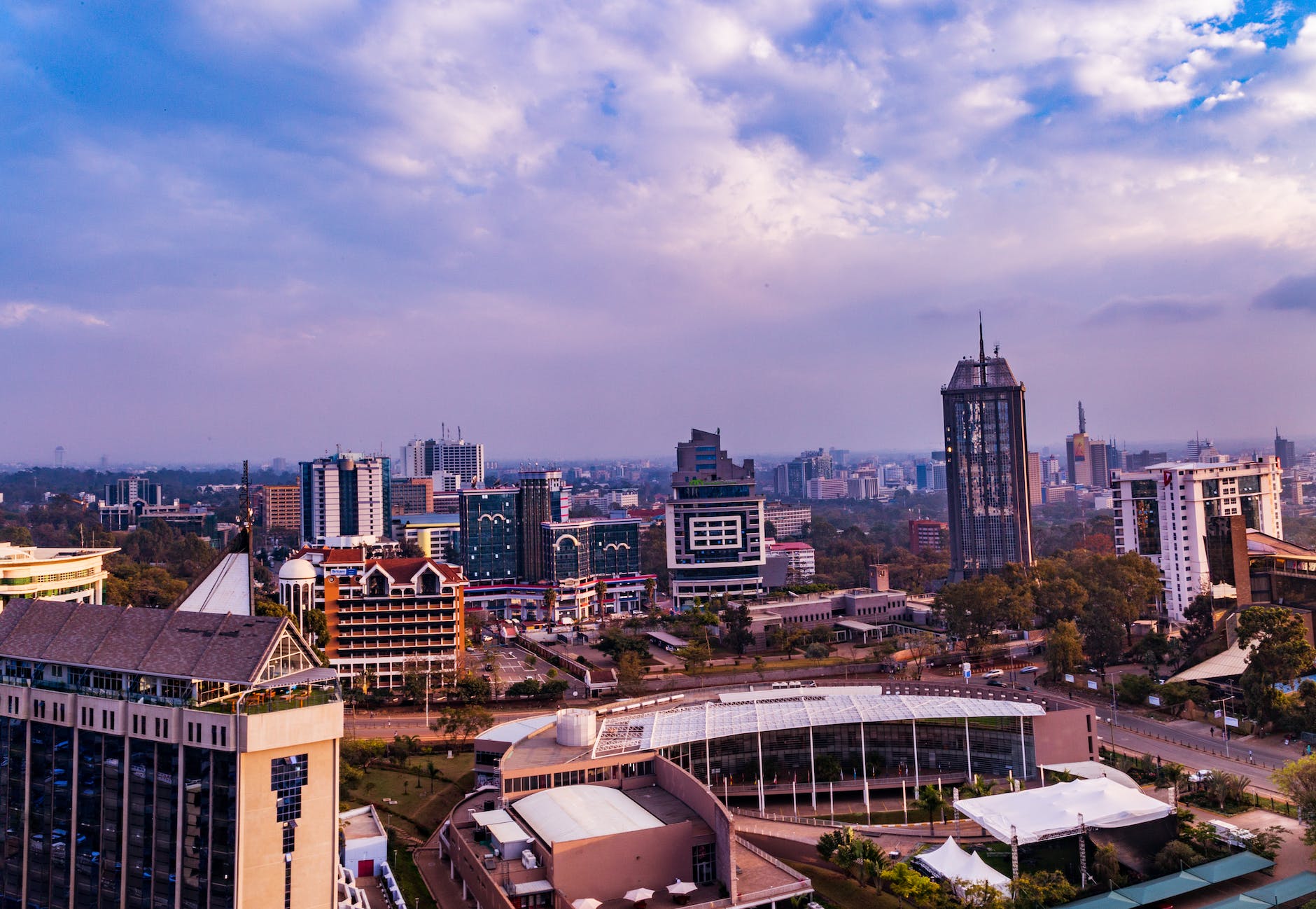The gap between the rich and the poor in Kenya is a significant issue and a challenge for the country. Income inequality in Kenya is relatively high, with a substantial portion of the population living in poverty while a smaller segment enjoys significant wealth.
Several factors contribute to the wealth gap in Kenya:
- Unequal distribution of resources: Limited access to resources such as land, education, healthcare, and infrastructure disproportionately affects the poor. This creates barriers to social mobility and perpetuates intergenerational poverty.
- Employment and wage disparities: Many Kenyans work in the informal sector, which often lacks job security and offers low wages. Formal sector jobs, on the other hand, are limited, and the competition for these positions can be fierce. The disparity in income between formal and informal sectors widens the wealth gap.
- Education and skills gap: Limited access to quality education and skills development opportunities can hinder social and economic mobility. Children from disadvantaged backgrounds often lack access to quality education, limiting their employment prospects and perpetuating the cycle of poverty.
- Corruption and governance issues: Corruption in Kenya undermines economic development and exacerbates income inequality. It diverts resources meant for public goods and services into the hands of a few, limiting opportunities for equitable growth and development.
Addressing income inequality and reducing the wealth gap in Kenya requires a multi-faceted approach:
- Enhancing social safety nets: Strengthening social welfare programs, such as cash transfer schemes, can provide temporary relief and support to the most vulnerable populations.
- Promoting inclusive economic growth: Policies that promote job creation, particularly in sectors with high labor absorption potential, can help reduce unemployment and provide income-generating opportunities.
- Investing in education and skills development: Expanding access to quality education and vocational training equips individuals with the necessary skills for better job prospects and economic advancement.
- Improving governance and fighting corruption: Strengthening institutions, promoting transparency, and enforcing anti-corruption measures are essential to creating a level playing field and ensuring equitable distribution of resources.
- Targeted poverty alleviation programs: Implementing targeted programs aimed at reducing poverty and promoting socio-economic inclusion for marginalized groups can help bridge the wealth gap.
It is important to note that addressing income inequality requires a comprehensive and sustained effort from the government, civil society, and private sector to create an enabling environment for equitable growth, opportunities, and wealth distribution in Kenya.











